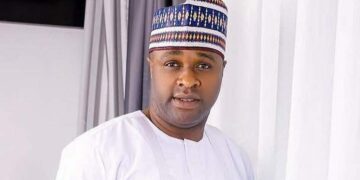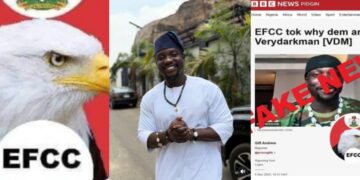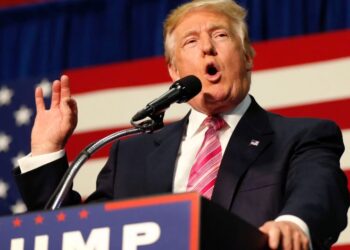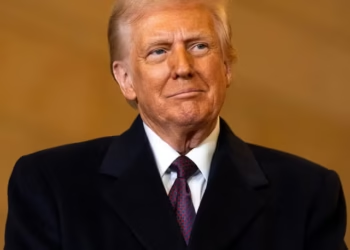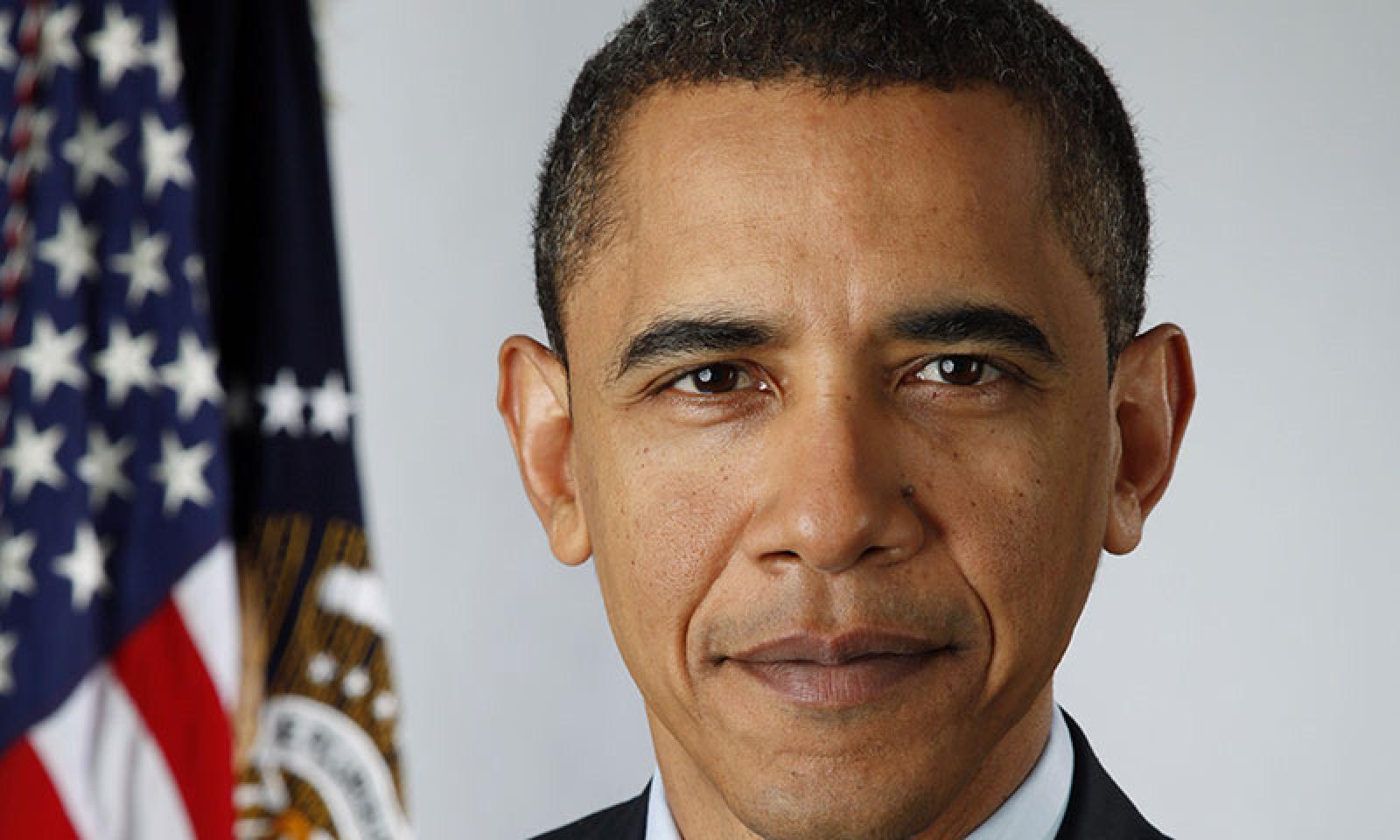
The relationship between former U.S. President Barack Obama’s administration and the Nigerian terrorist group Boko Haram has been the subject of much debate, with various claims ranging from outright support to strategic neglect. While some of these claims are rooted in misinformation, others stem from genuine policy decisions that sparked controversy. A closer examination of the myths, facts, and controversies surrounding this issue provides a clearer understanding of the role the U.S. played in Nigeria’s fight against Boko Haram during Obama’s tenure.
One of the most widespread myths is the claim that Obama directly supported Boko Haram. This assertion has no credible evidence and is often linked to conspiracy theories that attempt to tie U.S. foreign policy to global terrorism. In reality, the United States had no involvement in the creation or funding of Boko Haram, which originated as a radical Islamist sect in Nigeria long before Obama took office. Another common myth suggests that the U.S. intentionally blocked Nigeria from effectively fighting Boko Haram. While it is true that the Obama administration imposed restrictions on arms sales to Nigeria, these were primarily due to concerns over human rights abuses by the Nigerian military, rather than an effort to weaken the country’s fight against terrorism.
Despite these misconceptions, there are verifiable facts about the U.S. approach to Boko Haram under Obama. One of the most significant was the administration’s hesitation in designating Boko Haram as a Foreign Terrorist Organization (FTO). While Boko Haram had been carrying out deadly attacks since 2009, the U.S. did not formally label it as an FTO until 2013. Some lawmakers and security analysts believed this delay allowed the group to grow stronger. However, once designated, the U.S. increased its counterterrorism efforts in the region. Intelligence sharing, drone surveillance, and training for Nigerian troops were among the forms of support provided. Nevertheless, the extent of U.S. assistance was limited due to the Leahy Law, which prohibits military aid to foreign forces accused of human rights violations. This restriction applied to certain Nigerian military units, further complicating U.S. involvement.
Beyond these facts, the Obama administration’s handling of Boko Haram was surrounded by controversies that continue to spark debate. One of the most significant was the perceived slow response to the 2014 kidnapping of over 200 schoolgirls from Chibok. While the U.S. government supported the #BringBackOurGirls campaign and provided intelligence assistance, many critics argued that it did not take concrete action to ensure their rescue. Another point of contention was the U.S. refusal to sell advanced weapons to Nigeria. The Nigerian government sought to purchase sophisticated military equipment, but the Obama administration denied these requests, citing concerns over potential civilian casualties and military misconduct. This decision led to accusations that the U.S. was abandoning Nigeria in its struggle against Boko Haram.
The debate over whether U.S. inaction contributed to Boko Haram’s growth remains unresolved. Some analysts argue that had the U.S. taken more decisive action earlier, Boko Haram might not have gained as much strength. Others believe that U.S. involvement would have made little difference given the complex political and security challenges Nigeria faced internally. Regardless, the perception that the Obama administration did not do enough to combat Boko Haram persists among some Nigerian and international observers.
Ultimately, the narrative surrounding Obama’s role in the fight against Boko Haram is a mixture of myth, fact, and controversy. While claims of direct support for the group are baseless, policy decisions—such as the delay in designating Boko Haram as a terrorist organization and the restrictions on military aid—contributed to a perception of inaction. The complexities of international diplomacy, human rights concerns, and counterterrorism strategy all played a role in shaping the U.S. response to Boko Haram. Whether the Obama administration’s approach was justified, or a missed opportunity remains a topic of debate, highlighting the challenges of balancing security interests with ethical considerations in global politics.




